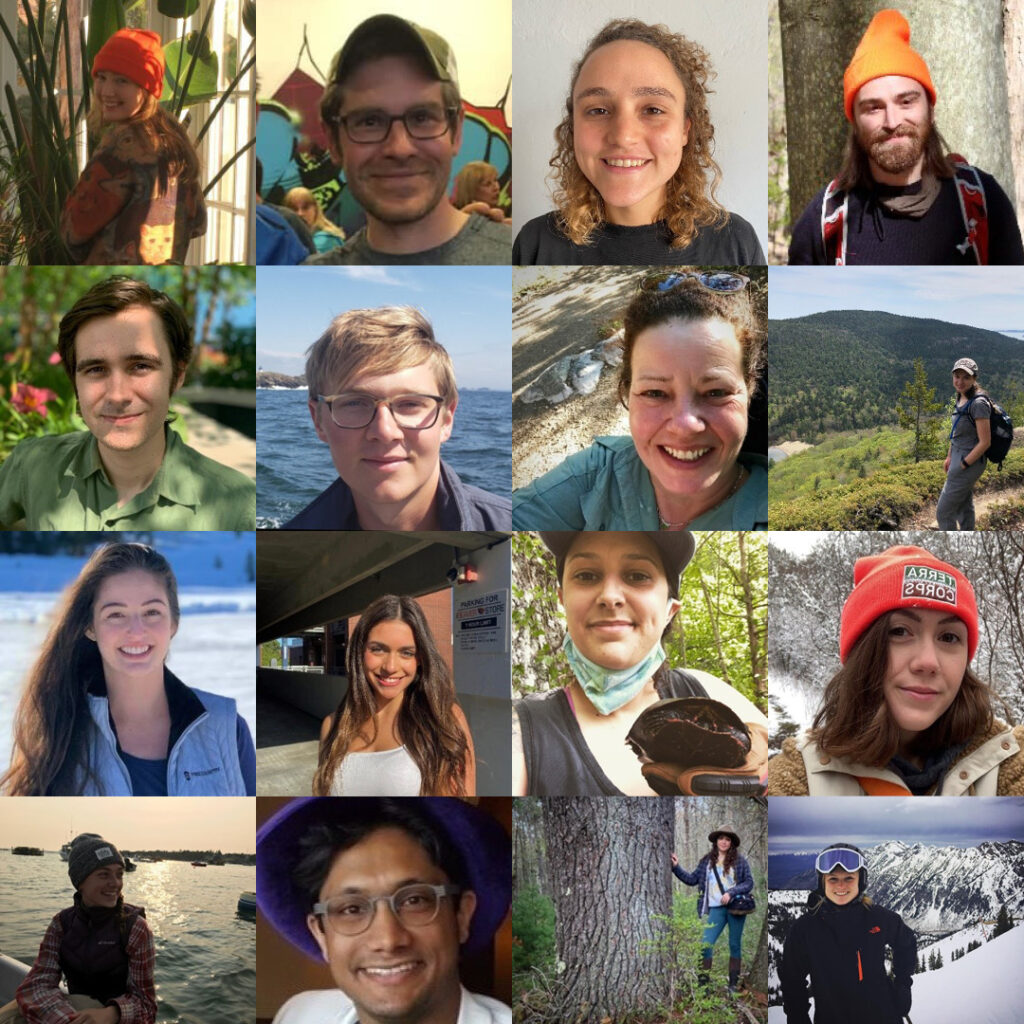For six weeks each summer, the ALPINE Summer Institute brings together students and early career professionals interested in conservation to learn, network and get inspired for the next steps in their careers.
While the Covid-19 pandemic has transformed the Summer Institute into an online, rather than in-person experience, it has delivered distinct benefits says Marianne Jorgensen, ALPINE manager of the program.
“We had more applications to participate this year than ever,” said Marianne. “We’ve also drawn participants from across the country. Yes, our focus is New England, but the diverse perspectives of conservationists from across the country adds a new dimension.”
Program candidates are selected for their academic and career interests in land conservation. This year’s participants include residents of Puerto Rico, Oregon, and Montana, as well as residents from across New England.
The 2021 ALPINE Summer Institute program is designed for undergraduate and graduate students, as well as early career professionals, to learn more about the theory and practice of large landscape conservation. The program is staffed by experts in the field of land conservation from the Lincoln Institute, the Harvard Forest, the Highstead Foundation, and the University of Massachusetts Amherst. In 2021, ALPINE Summer Institute participants who successfully complete all course requirements will have the opportunity to earn 2 academic credits from UMass Amherst.
Each week of the program includes speakers who are experts in different aspects of large landscape conservation, as well as a wide array of readings. Topics range from the history of large landscape conservation to land preservation tools and techniques; case studies and diversity, equity and inclusion in conservation.
The capstone of the six-week program is the projects completed by each attendee. As part of the application process, each student identifies a large landscape challenge and then applies the tools, guidance and mentorship available from speakers and ALPINE leadership to identify solutions that can be implement following the program’s completion.
“This is the most exciting part of the program,” says Marianne. “Large landscape conservation is critical to achieving the Wildlands, Woodlands, Farmlands & Communities vision and addressing a myriad of climate, ecological and social problems. Having such thoughtful committed advocates taking the tools and connections from the program and applying them to real-world problems, gets us closer to our goals.”
The 2022 Summer Institute application process will open in November.
